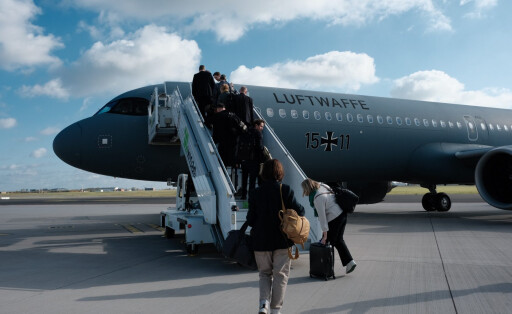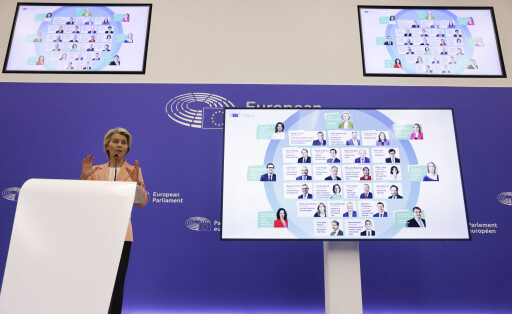
Bulgaria: Hope for salvation from election loop
On Sunday, Bulgarians will vote for their parliament for the seventh time in three and a half years. It is uncertain whether they will vote for a way out of political stagnation in this election.
By Frank Stier









